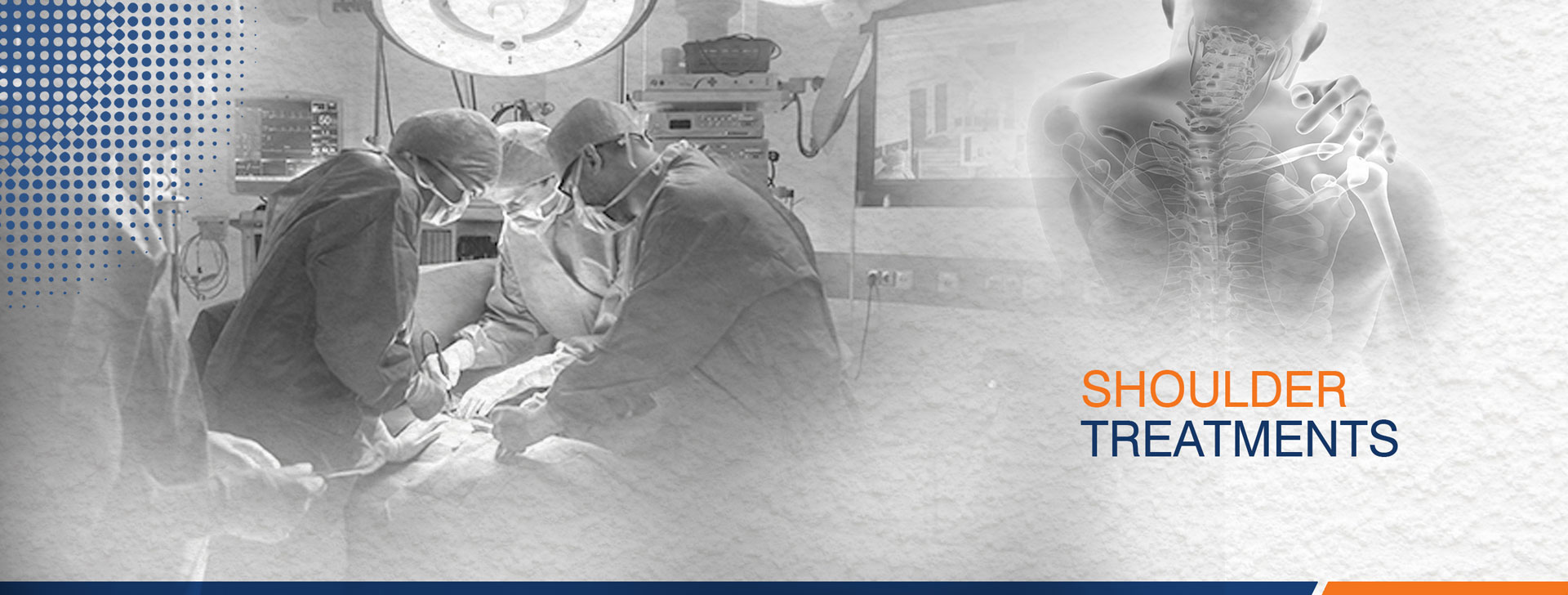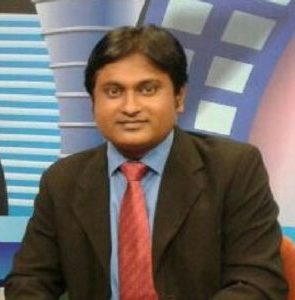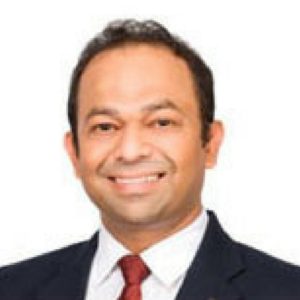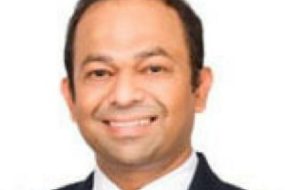Shoulder arthroscopy is surgery that uses a tiny camera called an arthroscope to examine or repair the tissues inside or around your shoulder joint. There are multiple reasons to undergo shoulder arthroscopy that include:
- Repair any wear and tear in the Rotator cuffs.
- Removal of any bony growth or ‘spur’ that can cause inflammation and pain in your shoulder.
- Repair of damaged ligaments
- Removal of inflamed tissue or loose cartilage
- Fixing recurrent shoulder dislocation and frozen shoulders
- Chondrolysis – damage to the cartilage of the joint surface that can lead to early progression of arthritis of the joint.
Shoulder arthroscopy provides the patients with the benefits of less pain & reduced stiffness leading to fewer complaints, more stability to the shoulder, speedy recovery and the ability to return to your regular work or sports routine.





